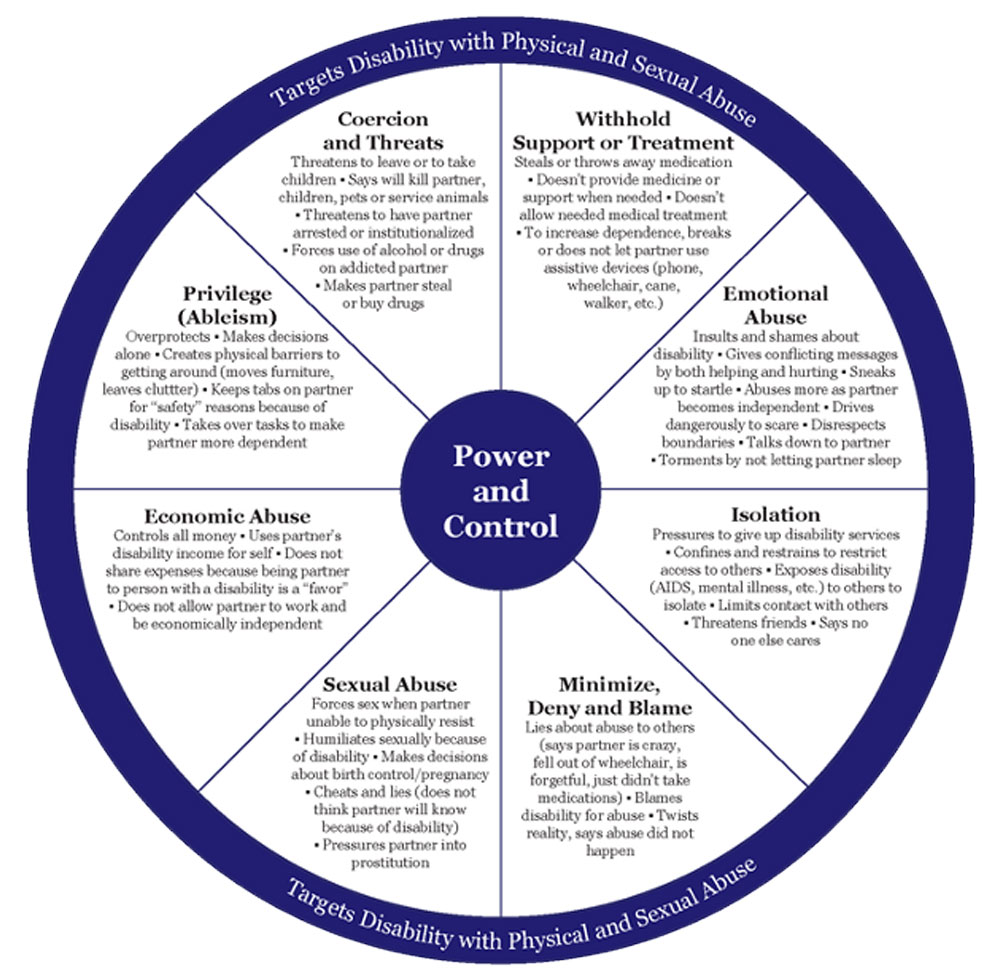
For your safety, we will not respond to e-mail requests for. Expert counselors are waiting to speak with you, and all calls are confidential. If you think you may be in an abusive relationship and need assistance, or if you are looking for help for a friend, please call the Philadelphia Domestic Violence Hotline at 1-86.
First is the tension building phase. Behind The Wheel Spanish Simple Spanish Verb Tenses is the ideal way to master these and other complex forms of Spanish while you drive because there is no confusion, no reading, no looking up meanings, and no guessing. There are three stages to the cycle of violence:Adoption Child Care Child Protective Services Contracts CW-SS Collaboration Domestic Violence Foster Care Teens Central Office Policymaking.impact of abuse Not taking concerns about abuse seriously Denying abuse happened Excusing actions on stress, alcohol, drugs, or jealousy Blaming the victim for the abuse M a ki n g s o m e o n e afr ai d t hr o u g h lo o k s, a cti o n s, or g e st ur e s D e str o yi n g or st e ali n g pr o p ert y A b u si n g p et s. Understanding the cycle of violence is crucial in stopping relationship violence as well as in answering the most common questions regarding battering. Assaulted Womens Helpline 24-hour.The Cycle of Violence and Power and Control The cycle of violence is a pattern of behaviors which keeps survivors locked in the abusive relationship.Fact Sheets & Handouts Alexandra House Brochures Alexandra House Organizational Brochure Alexandra House Safety Planning Brochure Alexandra House Healthy Relationships Brochure Alexandra House Elder Abuse Services Brochure Luminary Society Brochure Alexandra House Flyers Alexandra House 2019A Year In Review Alexandra House Services English Alexandra House Services Hmong. Access to Crisis Support, Navigation and Referral to Services.
...
People affected by domestic violence are rich, poor, married, divorced or single, from all ethnic backgrounds and economic levels. However, the tension almost always starts to build again, thus continuing the cycle.A survivor of domestic abuse does not need to experience physical abuse to be abused.Often the psychological abuse can leave someone feeling fearful, helpless and powerless to act on their own behalf. The perpetrator may be sorry or act like nothing happened but is still interested in making up and may even promise never to do it again.
They are less easily identified, yet firmly establish a pattern of intimidation and control in the relationship.Putting her down or making her feel bad about herself, calling her names, making her think she’s crazy, and mind games.Trying to keep her from getting or keeping a job, making her ask for money, giving her an allowance, or taking her money.Making her do sexual things against her will, physically attacking the sexual parts of her body, or treating her like a sex object.Making her feel guilty about the children, using the children to give messages, using visitation as a way to harass her.Making and/or carrying out threats to do something to hurt her emotionally, threaten to take the children, commit suicide, or report her to welfare.Treating her like a servant, making all the “big” decisions, acting like the “master of the castle”Putting her in fear by using looks, actions, gestures, loud voice, smashing things, destroying her property.Controlling what she does, who she sees and talk to, where she goes. Very often, one or more violent incidents are accompanied by an array of these other types of abuse. As someone affected by domestic violence and battering they will find that they have common issues with many others who have also experienced this type of violence.The Power & Control diagram is a particularly helpful tool in understanding the overall pattern of abusive and violent behaviors, which are used by a batterer to establish and maintain control over their partner.


 0 kommentar(er)
0 kommentar(er)
